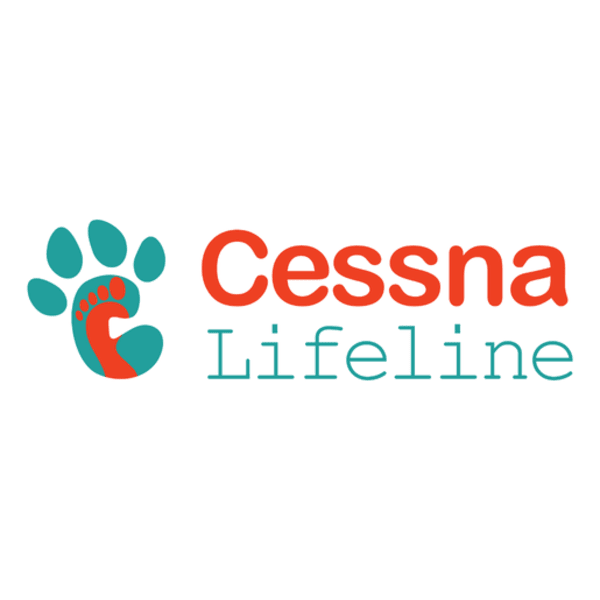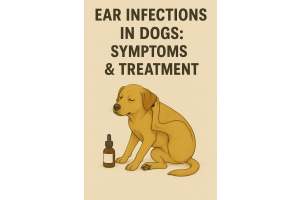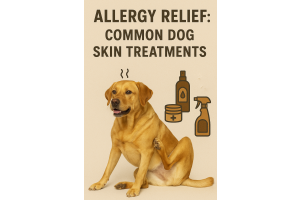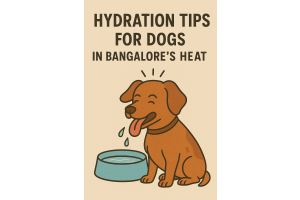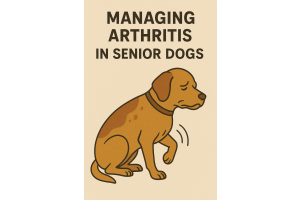Preparing Your Dog for Surgery: A Complete Guide
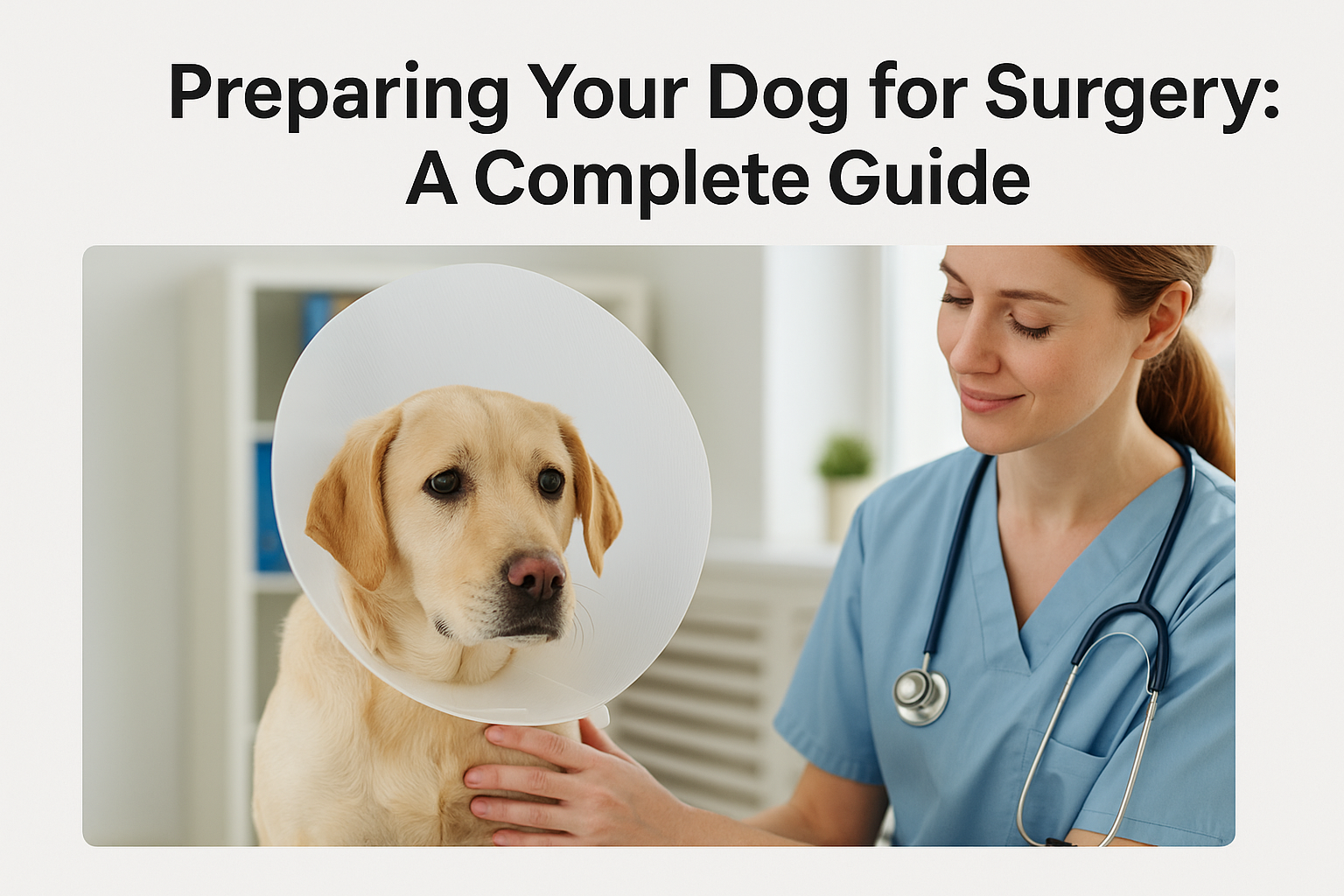
Hearing that your dog needs surgery can be a stressful experience for any pet parent. Whether it’s a routine spay/neuter procedure or a more complex orthopedic surgery, preparation is the key to a smooth process and faster recovery.
In Bangalore, many pet parents trust Cessna Lifeline Veterinary Hospital when it comes to surgical care for their dogs. With a highly experienced team and state-of-the-art facilities, they ensure your dog receives the best treatment and support throughout the surgical journey.
In this guide, we’ll walk you through everything you need to know about dog surgery in Bangalore — from preparation to post-operative care.
Common Reasons Dogs Need Surgery
Dogs may require surgery for various reasons, including:
-
Spaying or neutering: The most common routine surgeries that prevent unwanted litters and reduce health risks.
-
Orthopedic surgery: For fractures, ligament tears (like cranial cruciate ligament injuries), or hip dysplasia.
-
Tumor or lump removal: To prevent the spread of potentially cancerous growths.
-
Foreign object removal: If your dog swallows something dangerous.
-
Dental surgeries: Severe dental disease or broken teeth may require surgical intervention.
No matter the type of surgery, proper preparation can make a big difference in your dog’s safety and comfort.
Pre-Surgery Consultation
Before scheduling surgery, your veterinarian at Cessna Lifeline Veterinary Hospital will conduct a thorough consultation, which usually includes:
-
Complete physical examination: To assess your dog’s general health and suitability for anesthesia.
-
Blood tests and diagnostic imaging: To check organ function, clotting ability, and detect any underlying conditions.
-
Discussion of risks and benefits: Your vet will explain the surgical procedure, expected outcomes, potential risks, and estimated recovery time.
This is also the time to ask any questions you have about anesthesia, pain management, or aftercare.
How to Prepare Your Dog Before Surgery
Here are some important steps to prepare your dog for surgery:
1. Fasting
Your vet will instruct you to withhold food for about 8–12 hours before surgery to minimize the risk of aspiration during anesthesia. Water is usually allowed up to a few hours before the procedure, but always follow your vet’s specific advice.
2. Bathing and Grooming
If your dog needs a bath, it’s better to do it a few days before the surgery since they might not be able to get wet for some time after the procedure.
3. Medication Adjustments
Discuss any medications or supplements your dog is taking. Your vet might adjust dosages or advise temporary discontinuation before surgery.
4. Comfortable Transport
On the day of surgery, use a secure carrier or leash and keep your dog calm. Avoid feeding treats or snacks in the morning unless your vet specifically instructs otherwise.
What to Expect on Surgery Day
When you arrive at Cessna Lifeline Veterinary Hospital, you’ll meet the surgical team and go over final details.
-
Pre-surgical exam: Your dog will undergo a quick check to ensure they are fit for anesthesia on that day.
-
Sedation and anesthesia: Vets use safe and carefully calculated anesthesia protocols based on your dog’s size, age, and health status.
-
Surgical monitoring: Throughout the procedure, your dog’s vital signs are continuously monitored using advanced equipment to ensure maximum safety.
After the surgery, your dog will be moved to a recovery area where veterinary staff will monitor them until they are awake and stable.
Post-Surgery Care at Home
Your involvement after surgery is crucial for a smooth recovery. Here’s what to keep in mind:
1. Rest and Restriction
Limit your dog’s activity to prevent strain on surgical wounds. Confine them to a quiet, comfortable area away from other pets or children.
2. Wound Care
Follow all instructions on cleaning and checking the incision site. Prevent your dog from licking or biting the stitches by using an Elizabethan collar (cone).
3. Medication
Administer pain relief and any prescribed antibiotics exactly as directed. Never give human medications to dogs.
4. Nutrition
Your dog may have a reduced appetite for the first day or two. Offer small, easily digestible meals and fresh water. Contact your vet if appetite loss persists beyond 48 hours.
5. Follow-Up Appointments
Attend all scheduled check-ups at Cessna Lifeline Veterinary Hospital to ensure proper healing. Stitches or staples may need to be removed after 10–14 days, depending on the type.
Warning Signs to Watch For
After surgery, keep an eye out for these signs and contact your vet immediately if they occur:
-
Excessive swelling or discharge from the incision
-
Persistent vomiting or diarrhea
-
Difficulty breathing
-
Pale gums or weakness
-
Refusal to eat or drink for more than two days
Early intervention can prevent complications and help your dog recover faster.
Why Choose Cessna Lifeline Veterinary Hospital?
When it comes to dog surgery in Bangalore, pet parents choose Cessna Lifeline Veterinary Hospital for several reasons:
-
Experienced surgical team: The hospital has a team of skilled veterinarians specializing in different types of surgical procedures.
-
Modern surgical facilities: Equipped with advanced monitoring and surgical equipment for maximum safety and precision.
-
24/7 critical care: Post-operative support and emergency care are available whenever needed.
-
Compassionate care: The team understands the emotional stress of pet surgery and ensures constant communication and support for pet parents.
Emotional Support for You and Your Dog
Your dog can sense your anxiety. Staying calm and reassuring helps them feel more secure. Spend time with your dog before surgery, comfort them, and maintain a positive environment.
Remember, it’s normal to feel worried, but with the right veterinary support, your dog is in safe hands. Trusting experienced professionals, like the team at Cessna Lifeline Veterinary Hospital, makes the entire process smoother and less stressful for both you and your furry friend.
Final Thoughts
Surgery can be a challenging experience, but proper preparation, a supportive veterinary team, and diligent aftercare can make a big difference. By choosing a trusted facility like Cessna Lifeline Veterinary Hospital, you can ensure your dog gets the best possible surgical care in Bangalore.
Being informed and involved at every step helps your dog recover faster and return to their joyful, tail-wagging self. With your love and expert veterinary care, your dog will be on the path to a healthier, happier life in no time.
